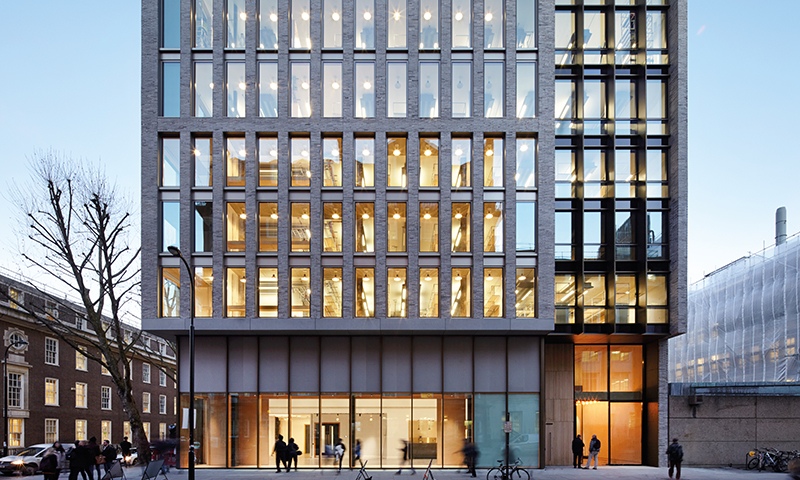The first MA of its kind, Architectural History at The Bartlett enjoys a leading reputation for the intensive historical, theoretical and critical study of architecture.
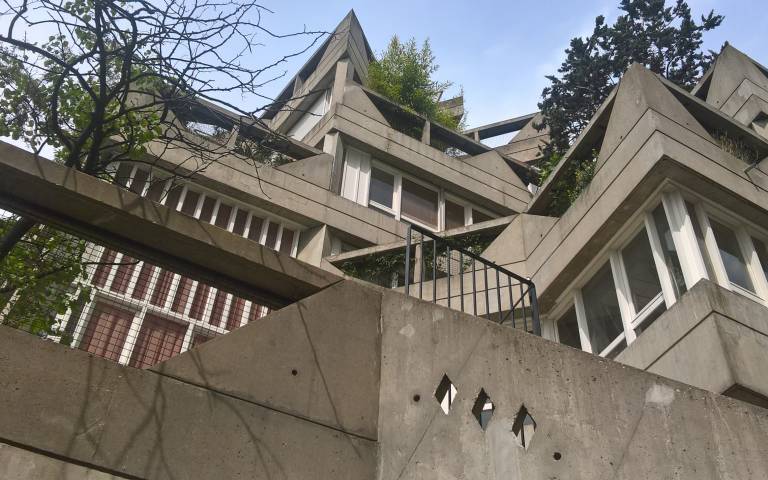 About
About

Established in 1981, Architectural History MA at The Bartlett is the UK’s longest established degree in the historical, theoretical and critical interpretation of architecture, cities, urban spaces, creative practices and their representations.
Over the past 30 years, the programme has been developed to prioritise the exploration of new and existing methodologies and critical theories as they might be applied to the study of architecture and cities.
Rather than dealing with architecture exclusively through the work of famous individuals, landmark buildings, stylistic classification or normative categories, the programme locates architecture within social, ideological, creative, political, material, technological, theoretical and urban processes.
Highlights
- Examine architecture and cities from early-modern to contemporary contexts
- Develop a deep architectural knowledge, and learn to critically interpret buildings, texts, architects, urban spaces and cities, as well as other representations and creative practices
- Work with some of the world’s most respected historians and theorists of architecture, who are producing both substantial scholarly work and highly innovative research
- Refine your historical and critical research skills to pursue a successful academic or professional career
- Be part of a world-leading centre for architectural teaching, The Bartlett School of Architecture, and research in one of the most dynamic cities in the world
This degree teaches you a way of thinking about architecture and the built landscape. It teaches you to question… not just to confront questions and buildings, but to look at them from other angles."
- Tom Dyckhoff, writer, broadcaster and historian
Architectural History MA alumnus
Modules
Compulsory modules
- Critical Methodologies of Architectural History (30 credits)
In this module students review the range methods and approaches open to architectural or urban historian, alongside the traditions from which each derives and the controversies around them. Through a weekly lecture and seminar, students read and discuss works by a variety of architectural historians and consider architectural history in relation to different epistemologies such as postcolonialism, anthropology or biopolitics.
- Research and Dissemination of Architectural History (30 credits)
Students investigate a variety of ways of working with, researching and communicating architectural history, in order to allow different kinds of information, interpretations and audiences to be addressed. Through weekly lectures and assignments, they explore alternative methods of researching and communicating.
- Architectural History Dissertation with Oral Examination (60 credits)
Students work towards a 10,000-word dissertation on a subject agreed with the teaching staff, choosing a topic of their choice within the scope of the syllabus and making use of the techniques and methods taught in the programme. During this module, students also participate in the programme’s field trip, dissertation review seminars and develop their study into a publication for the school’s annual public research conference.
Optional modules
Students complete 60 credits from modules either on this programme or other programmes at The Bartlett School of Architecture. Options include:
- Architecture in Britain since the 17th Century (30 credits)
Through fieldwork visits to a selection of buildings and landscapes in London and Oxford, students investigate built works of architecture in early-modern and modern Britain. They develop their knowledge of the use and meaning of materials and the ways in which architects have designed the spaces inside and outside buildings of the 17th century and beyond.
- Representations of Cities (30 credits)
Students use texts, moving images and films to investigate the production of cities in relation to time, space, social identity, economics and technology. They develop the skills to analyse cities as both physical entities and cultural artefacts which provide the setting for social experiences. Students are also introduced to some of the main architectural, cultural and critical theories relating to the experience of the city by reading literature from the field of urban studies.
- Critical Spatial Practice: Site Writing (30 credits)
‘Site-writing’ (Rendell, 2011) is a mode of critical spatial practice which considers situatedness, relationality and positionality in relation to writing and explores how voice and textual strategies can be adopted as ways of responding to sites. Students develop skills in creative and situated writing and learn the potential of font, typography, layout, paper stock and binding in the production of an artist’s book, which may include documentation of a situated text-based installation.
- This module is part of Situated Practice MA.
- History and Theory of Digital Design (30 credits)
In this module, students assess the present state of computer-based design by studying the history of cultural technologies. They learn the different modes and methods of cultural technology from the Renaissance to 20th century and test the patterns by developing a case study of either a media object, a physical object, a building, or a type of software or technology.
- This module is part of Architecture & Digital Theory MRes.
- Materialist Ecological Architecture (30 credits)
Students examine understandings of modern history and theory of ecology from a materialist perspective, and develop the skills to define and evaluate an ecological site and critically engage with ecological discourses in architecture. They learn to identify how architectural history and theories of ecology are informed by discourses in architecture, art, philosophy, scientific and environmental disciplines.
- Multiple Modernities Architecture (30 credits)
This module questions conventional modernist historiography by exploring architectural encounters with modernity outside its dominant geographical, theoretical and professional territories. Students develop the skills to critique architectural history and theory and to undertake their own critical investigation through a series of site visits which situate theories of multiple modernities in a British context.
- Practices of Criticism (30 credits)
In this module students explore interdisciplinary theories of criticism, the practice of criticism within architecture, and the role of the photographic image within critical practice. Through a series of collaborative group presentations, they examine how these approaches inform the writing and imaging of architectural and urban historiography today.
- Histories of Global London, 1900 to the Present Part 2 (30 credits)
Using London as a primary case study, students develop an understanding of how the built environment is shaped by its global connections and population flows, from 1900 to the present. Drawing on the work of the UCL Urban Laboratory, students engage with key debates in the history and theory of urban change to theories of identity, critical heritage and equalities, and how this is crucial in understanding the city’s urban heritage and futures. They then produce an expanded project through archival research and/or fieldwork carried out at a London site.
- This module is part of Architecture & Historic Urban Environments MA.
Key information
Modes/durations
Full-time: one academic year
Part-time: two years
Flexible: two to five years
Entry requirements
A minimum of a second-class UK degree in an appropriate subject or an overseas qualification of an equivalent standard.
Application guidance for 2024 entry
Applicants can only apply for a maximum of two postgraduate degree programmes at The Bartlett School of Architecture.
Application deadline
Applications for 2024 will open on 16 October 2023 and close on 5 April 2024 (for applicants requiring a visa) and 30 August 2024 (for applicants not requiring a visa). We strongly advise early application, as our programmes are over subscribed and competition is high.
Deferral
It is not possible to defer an offer. If you wish to be considered for the following year then you must reapply in the next admissions cycle.
Tier 4 Student visa holders
Tier 4 Student visa holders are required to meet the English language proficiency of their offer with sufficient time to allow them to obtain a CAS number and visa.
Accepting your offer
To accept your offer, you must pay the non-refundable fee deposit and decline any other offers for programmes at The Bartlett School of Architecture. If you do not respond within the given time indicated on your UCL offer letter, your offer will be withdrawn.
Read the full guidance on application here.
Fees and funding
- Tuition fee information can be found on the UCL Graduate Prospectus.
- For a comprehensive list of the funding opportunities available at UCL, including funding relevant to your nationality, please visit the Scholarships and Funding section of the UCL website.
Staff
Programme Director: Professor Barbara Penner and Dr Robin Wilson
Departmental Tutor: Bill Hodgson
Professor Iain Borden
Professor Ben Campkin
Professor Mario Carpo
Professor Edward Denison
Professor Murray Fraser
Professor Jane Rendell
Dr Tania Sengupta
Careers
The Bartlett School of Architecture is one of the world's top-ranked architecture schools and our graduates enjoy excellent employment opportunities.
Contact
Programme Director: Professor Barbara Penner and Dr Robin Wilson
Departmental Tutor: Bill Hodgson
Postgraduate Admissions: Marlene Cullen
Programme Administrator: Drew Pessoa
Programme admissions enquiries: Complete the contact form

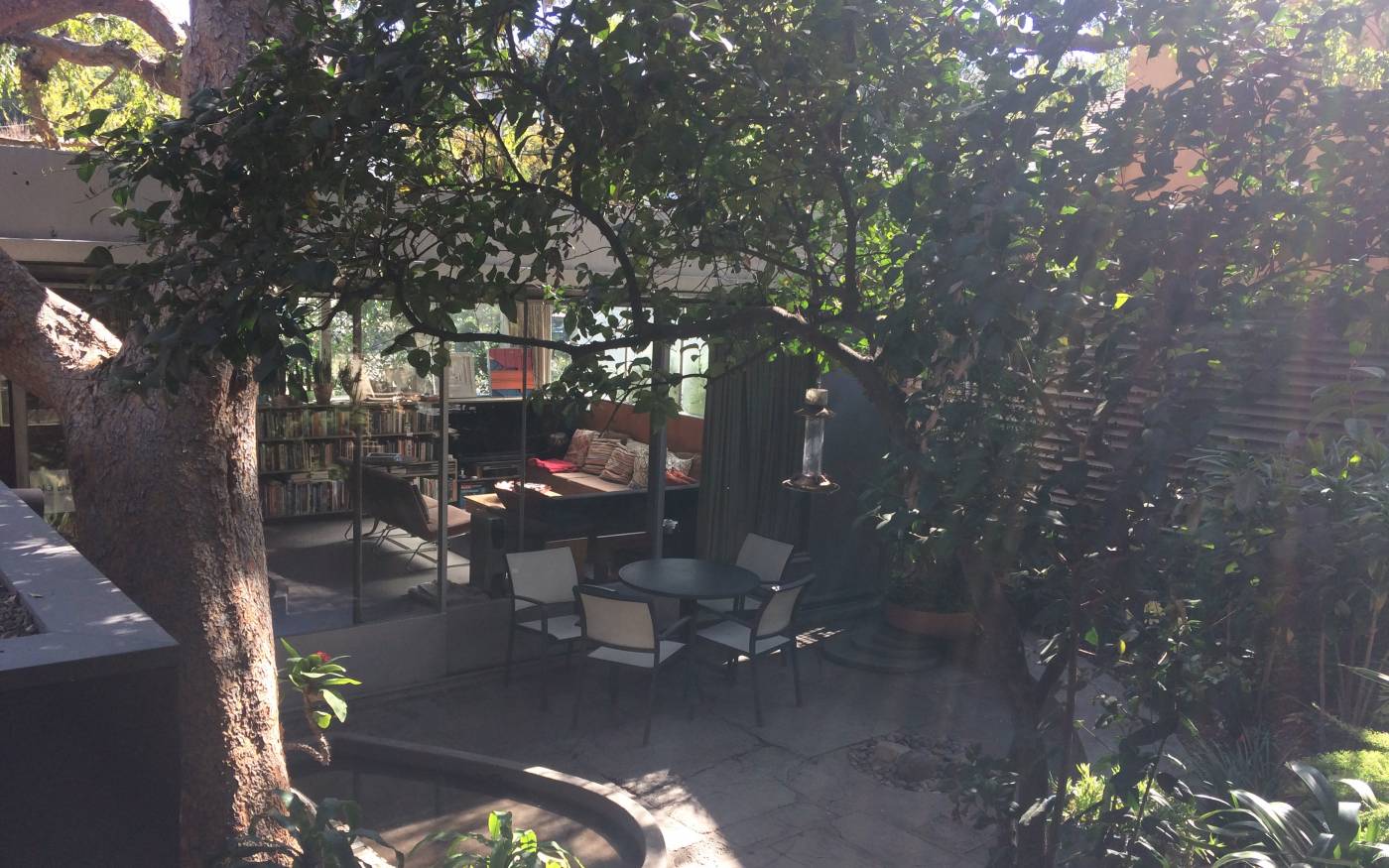
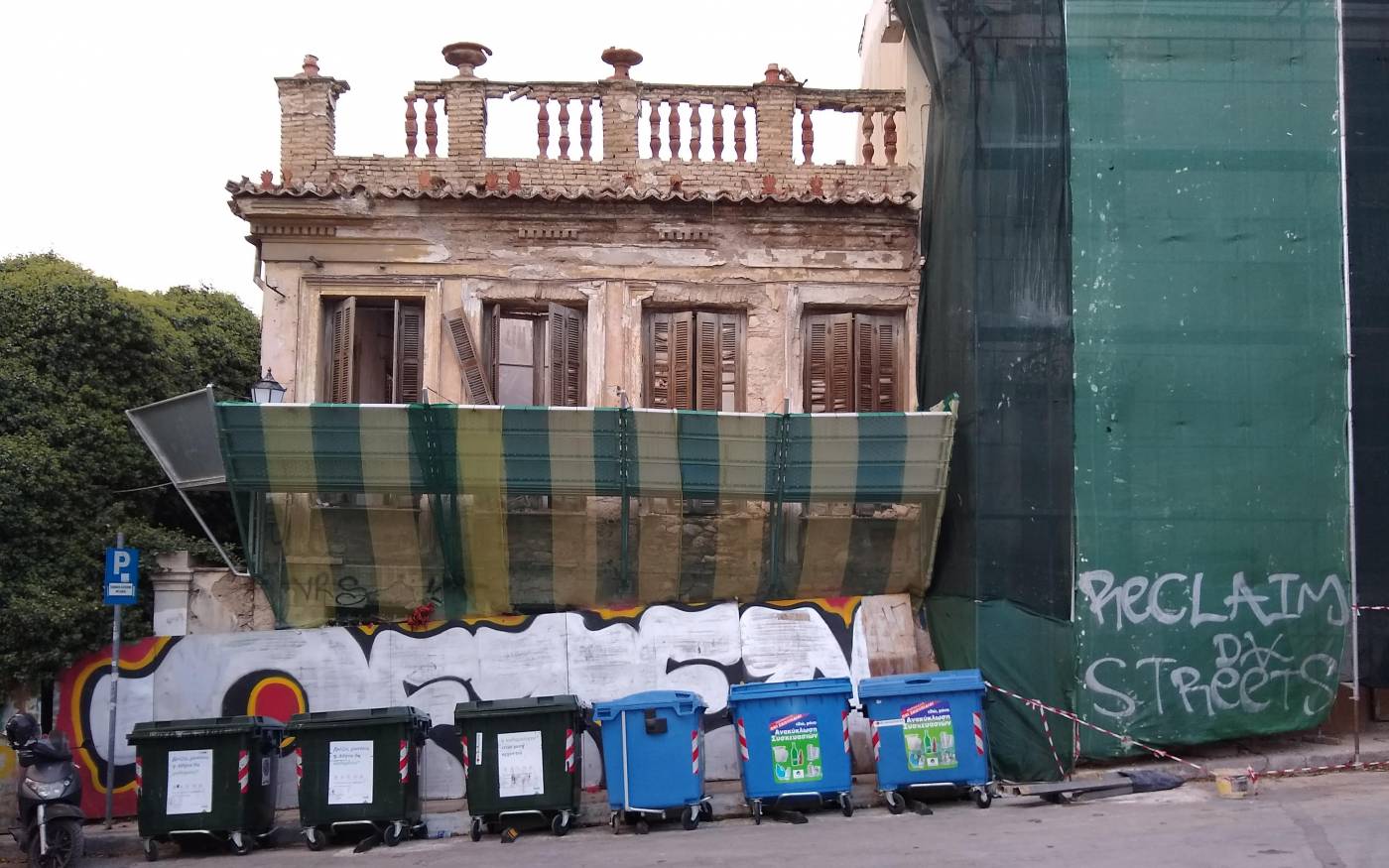
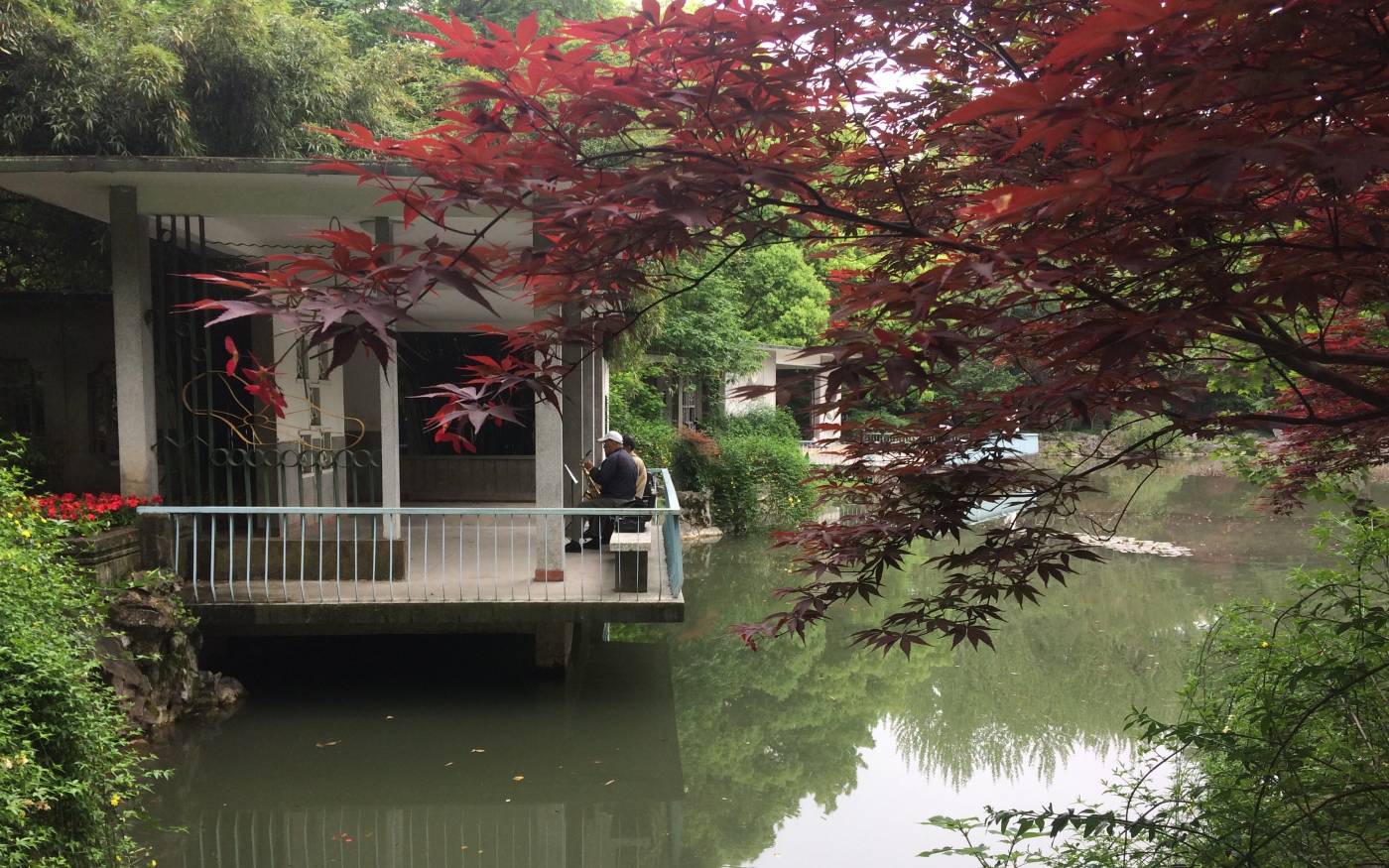
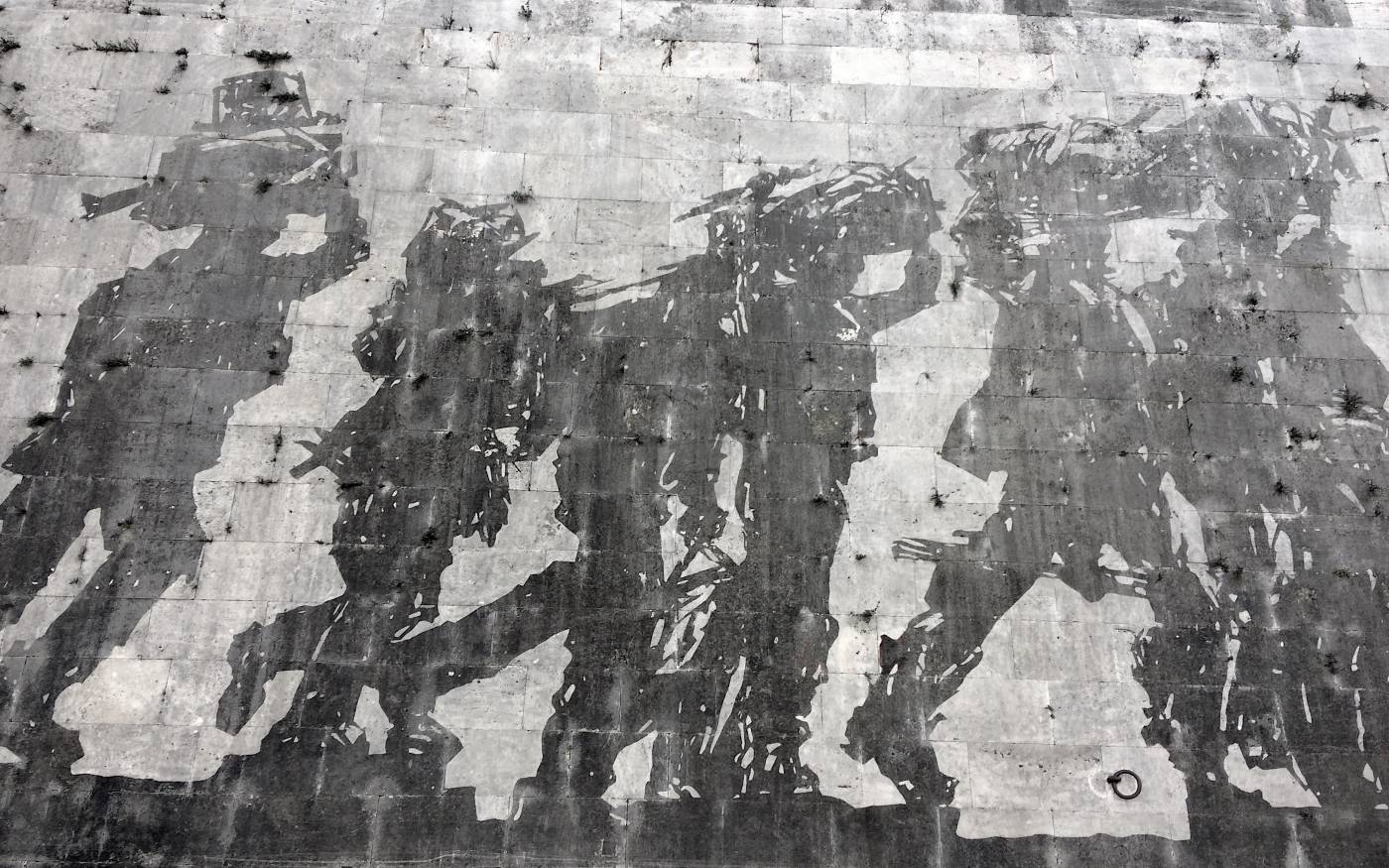
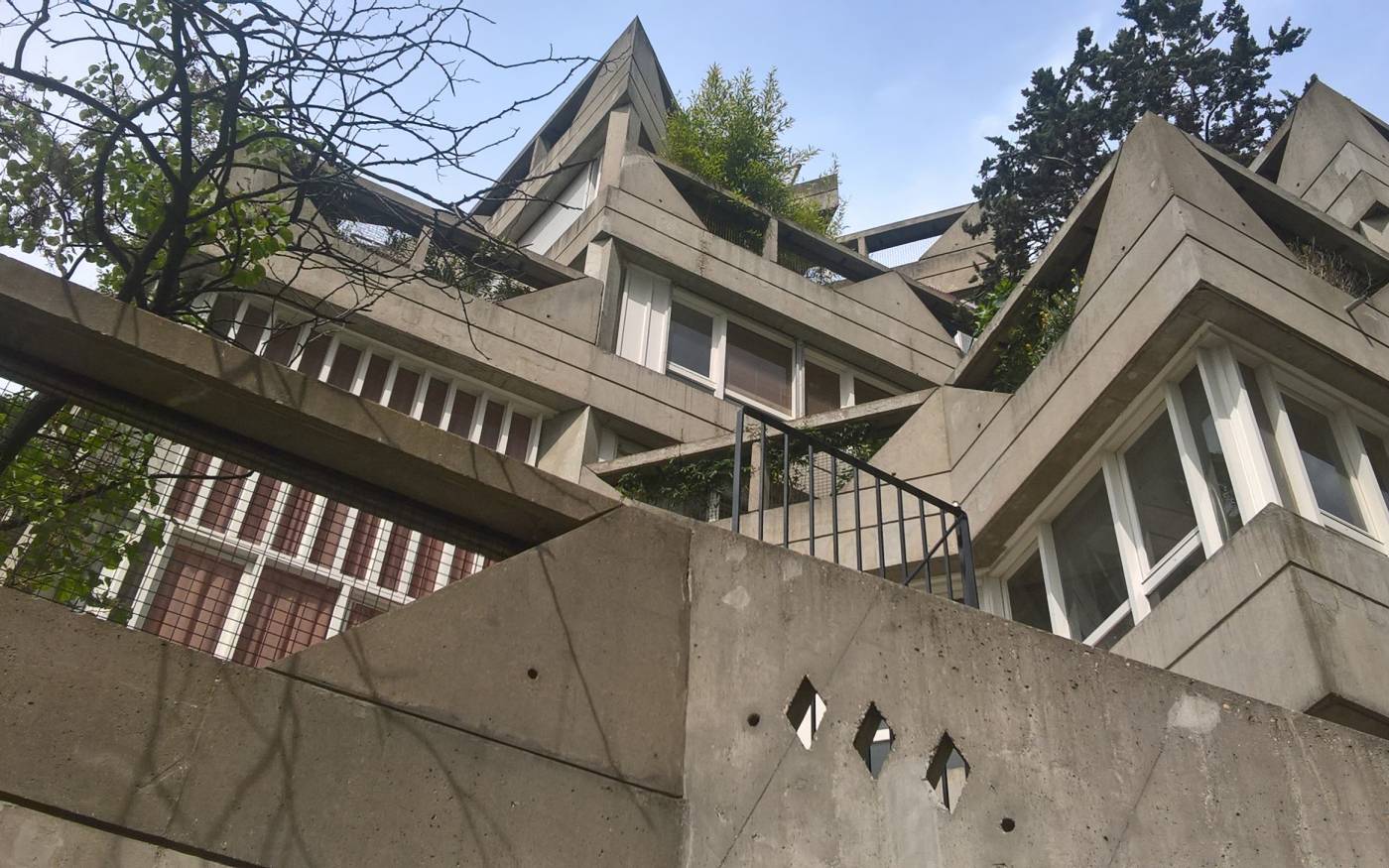
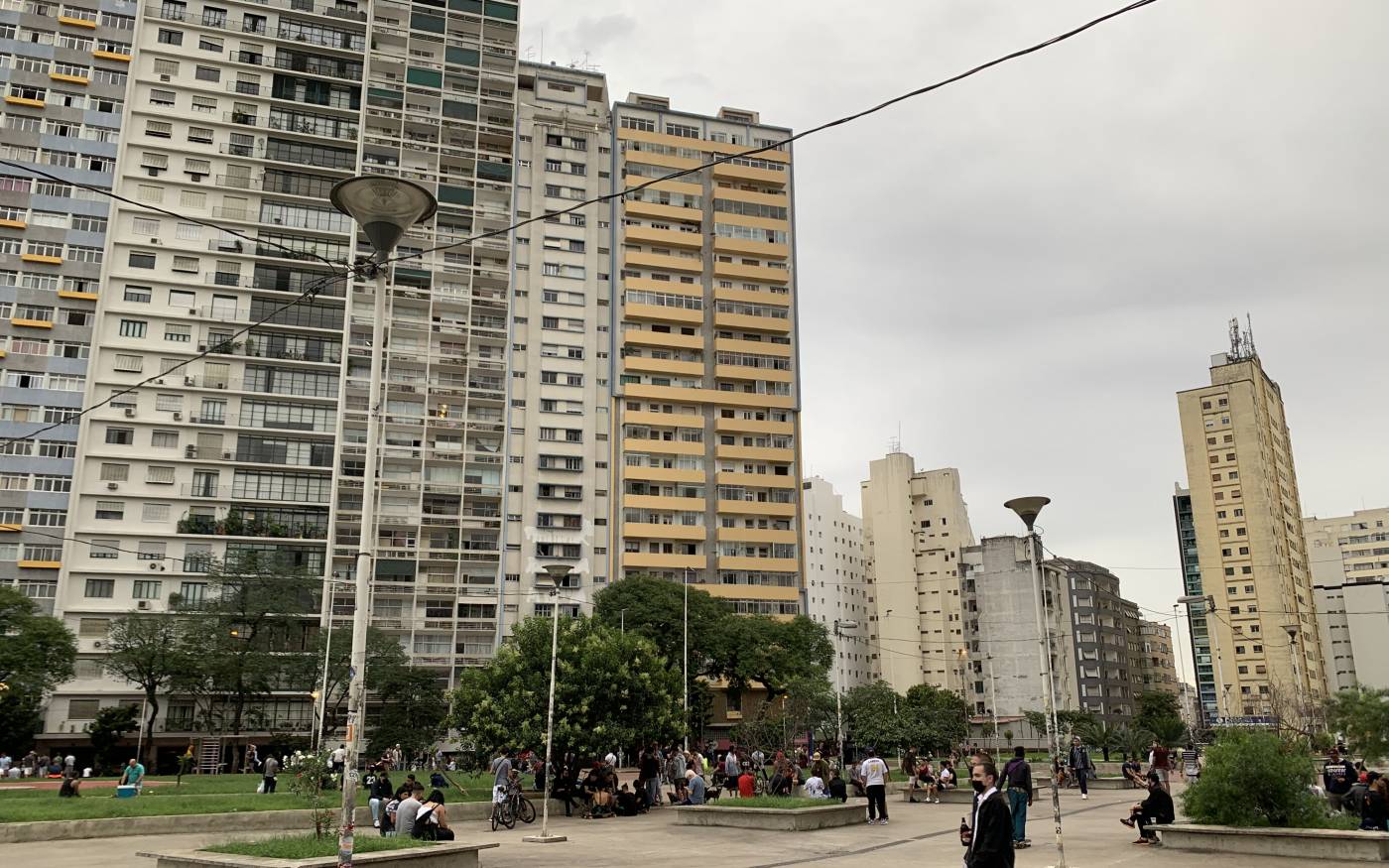
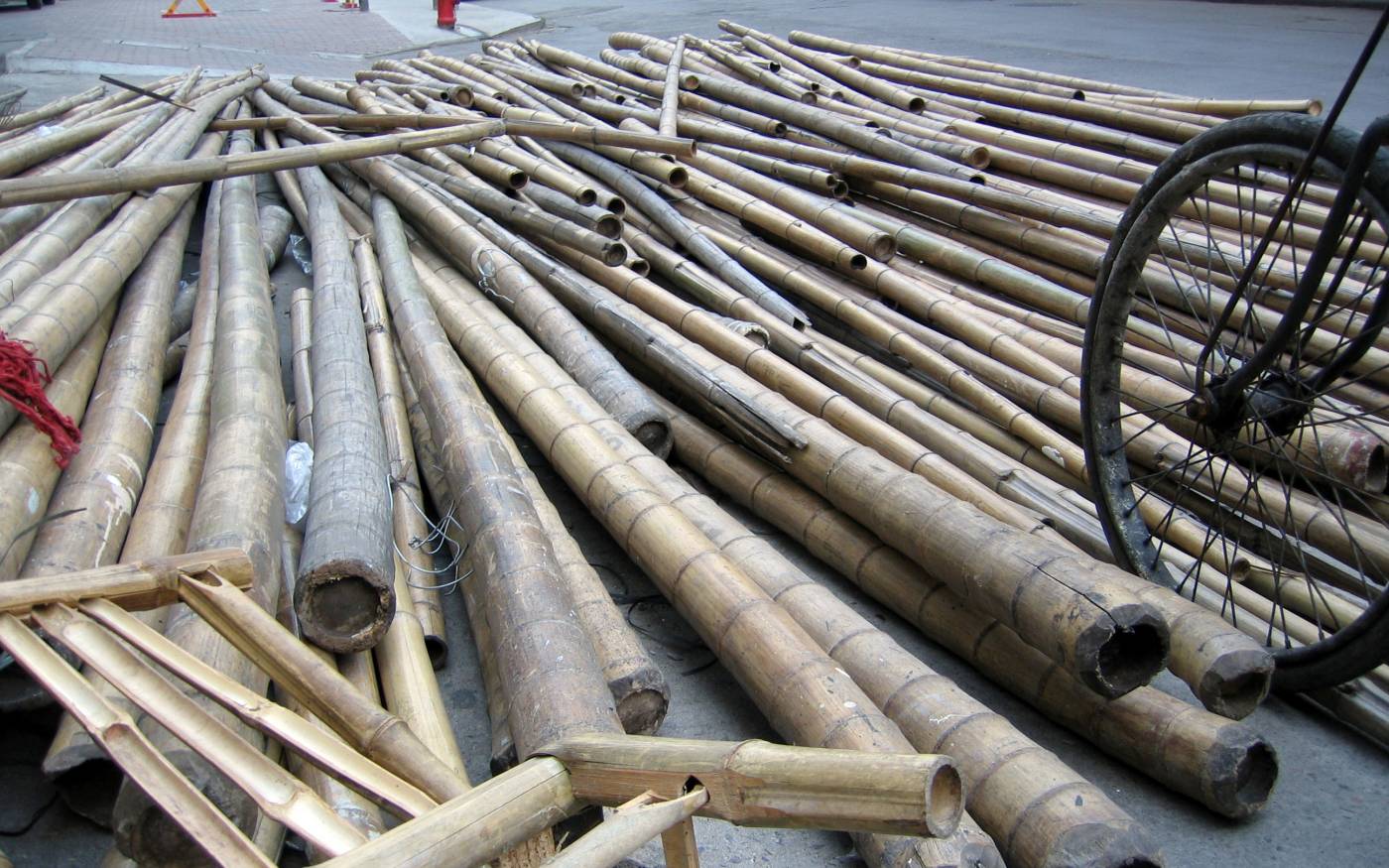

Alumni Testimonials
Studying Architectural History at The Bartlett didn’t teach me what such-and-such architect was building in 1867 and 1868, or whether rococo followed mannerism or vice-versa. You learn that along the way, and, in any case, that’s what books and archives are for. No, instead, what is so inspirational and what was so pioneering about the programme is that it teaches you a way of thinking about architecture and the built landscape.
Tom Dyckhoff, writer, historian and broadcaster
Architectural History MA alumnus
“The programme opened my scope of knowledge to a whole world of politics and social relations I had never dared to believe concerned architecture. For those interested in developing critical, political consciousness alongside a rich understanding of contemporary and 19th century architecture, the programme offers the intellectual provisions and a brilliant, curious community to explore with.
Corinna Anderson, Publications Coordinator, Graduate School of Design, Harvard University
Architectural History MA alumnus
“The Bartlett provides unparalleled resources – exceptional tutors, an influential work environment within the architecture school and many lecture series to engage with outside of study. It was an extremely rewarding year that accelerated me into the architectural sphere and has undoubtedly shaped my understanding of the built environment and directed my subsequent career path.
Harriet Jennings, Public Programme Curator, The Building Centre, London
Architectural History MA alumnus
“This degree transforms the way you think about architecture. I am thankful for the critical tools I learned on the programme, which have proved invaluable to expanding my research abilities and also in a professional working environment.
Isabelle Morgan, Assistant Curator, Biennale of Sydney
Architectural History MA alumnus
The MA in Architectural History was an excellent experience for me. My previous architectural degrees gave me too little room to pursue writing ambitions. The Bartlett course allowed me to understand the biases that this design education had instilled in me. I was given time to think critically about history and theory, opening fundamentally new intellectual territories, professionally and personally, in an open, safe and stimulating environment for discussion and learning.
“
Kirti Durelle, Architect and PhD student, Bartlett School of Architecture UCL
Architectural History MA alumnus
“I particularly chose this programme because its theoretical focus, which allowed me to further my knowledge and to complement my practice-based architectural experiences. The organisation of the modules provides a platform to critically engage with wide range of topics, have in-depth discussions with the exceptional professors, tutors and diverse cohort and develop your own voice.
Sadaf Tabatabaei, Architect and funded PhD student, University of Newcastle, UK
Architectural History MA alumnus
 Close
Close


